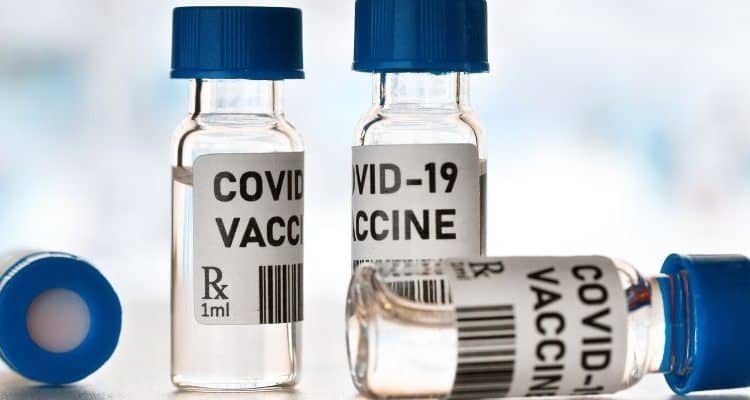Experts estimate that achieving herd immunity to COVID-19 will required upwards of 70–90 per cent of the population to have immunity. While vaccine efficacy for Moderna’s mRNA-1273 vaccine is 94 per cent and the Pfizer-BioNTech mRNA vaccine is 95 per cent, some models estimate it would require roughly 80 per cent of the population to be vaccinated if the protection lasts for one year in order to achieve herd immunity, says GlobalData.
Johanna Swanson, MBA, Product Manager at GlobalData, comments, “There is some resistance in the general population to receiving these vaccines. Part of the resistance to vaccination stems from disinformation and safety concerns about these vaccines.”
Common disinformation seen on social media includes reports that mRNA vaccines can alter the recipient’s DNA, can cause infertility in women, are full of toxins, or can cause autism. While these concerns can be countered by fact checking and information campaigns, they are often accepted by people looking for confirmation of preconceived fears.
Swanson continues, “There are also additional safety concerns raised on social media about the safety of a novel vaccine technology that has been rapidly developed. Some potential recipients are planning on delaying being vaccinated until more data is gathered on long term adverse events.”
So far, the data on adverse events for the vaccine has been promising. The Pfizer-BioNTech COVID-19 vaccine had 0.6 per cent in the vaccine group and at least one serious adverse event of 0.5% in the placebo group has been reported. For the first 1.8 million US Moderna and Pfizer-BioNTech vaccine recipients, only 21 experienced a severe allergic reaction.
Swanson explains, “While there are concerns over long-term effects, for most vaccines the most serious reactions occur within the initial weeks after administration. It is unlikely that the spike proteins expressed by the mRNA will have long-term effects, as the mRNA used for their translation is quickly broken down and will not be available for the long term in the system.”
While these are the first approved mRNA vaccines, mRNA vaccines have been under development since 2011 for cancer indications, and it is highly likely that long-term issues based on the technology would have surfaced by now.
Examples of mRNA vaccines include CureVac’s rabies vaccine, which has announced positive data from an interim analysis of safety and immunogenicity in its Phase I study; Moderna’s mRNA-1647, which has positive interim results from a Phase II study for cytomegalovirus infections; Moderna’s mRNA-4157 for solid tumours, which is in Phase II for metastatic melanoma; and BioNTech’s BNT-112, which is in Phase II for prostate cancer.
Swanson adds, “The odds of dying or experiencing long-term side effects from COVID-19, especially for older patients, are higher than the current risks from receiving a vaccine, especially as there are known long-term effects from COVID-19 to the heart, lungs, and brain, even from milder cases of COVID-19.”
There are potential risks from mRNA vaccines that include local and systemic inflammatory responses, which could lead to autoimmune conditions, and the toxic effects of any synthetic nucleosides or vaccine delivery components. However, modifications made to the nucleosides have been found to drastically reduce the immune system’s response to the synthetic nucleosides.
Swanson concludes, “Uptake concern issues can be lessened in hospitals and healthcare systems by requiring inoculations and improved employee communication about the safety of the vaccine and the importance of being vaccinated. Vaccination campaigns will have to educate the public on the risks of vaccination versus the risks of COVID-19.”
- Advertisement -


